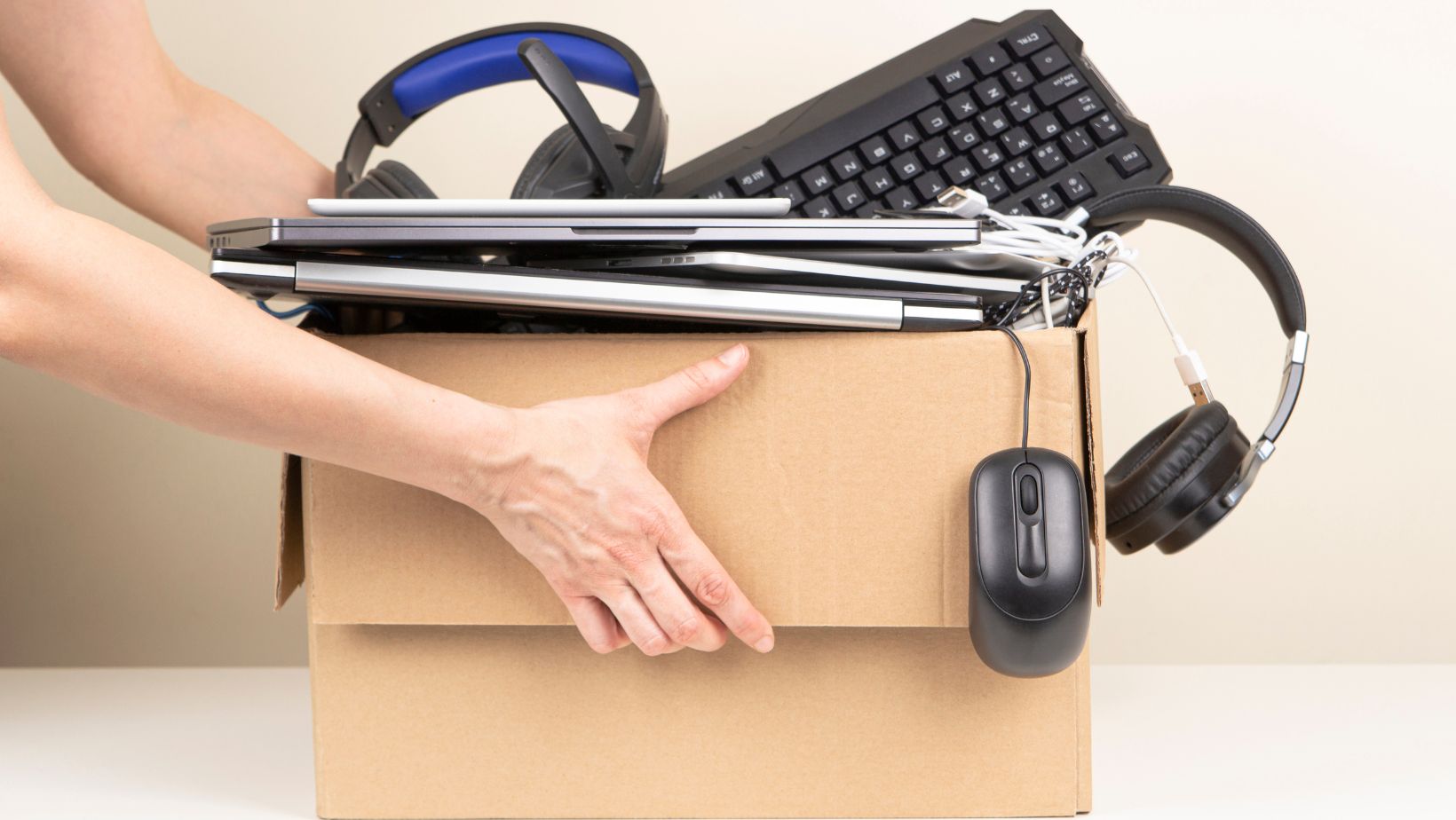Electronics are integral to our daily operations. From smartphones and laptops to office equipment and industrial machinery, businesses rely on technology to maintain efficiency and productivity. But like all things, even electronics have a lifespan. Recognizing when your electronics are reaching their end-of-life is essential not only for maintaining operational efficiency but also for reducing the environmental impact through proper e-waste recycling.
Understanding Electronics Lifespan
The lifespan of electronic devices can vary significantly based on several factors. Technological advancements often render devices obsolete faster than their physical components wear out. For example, the rapid development of smartphone technology means newer models frequently replace older ones long before they cease to function.
User habits also play a crucial role. Devices used heavily or subjected to harsh conditions may have shorter lifespans. Meanwhile, higher-quality brands typically offer products that last longer due to better materials and craftsmanship.
What is E-Waste?
E-waste refers to discarded electronic devices, including anything from computers and smartphones to kitchen appliances and industrial electronics. With technology evolving rapidly, the amount of e-waste generated globally is staggering, posing significant environmental and health risks.
Environmental and Health Implications
Improper disposal of e-waste can release toxic substances like mercury, lead, and cadmium into the environment. These toxins can contaminate soil and water, affecting wildlife and human health. When e-waste ends up in landfills, it doesn’t just take up space; it poses a long-term hazard.
The Importance of Proper E-Waste Recycling for Businesses
For businesses, the proper recycling of e-waste is not merely a matter of environmental responsibility but also a crucial aspect of operational efficiency and corporate reputation. By implementing effective e-waste recycling protocols, companies can mitigate the risks associated with data breaches, as authorized e-waste recyclers ensure the secure destruction of sensitive information.
Furthermore, businesses contribute to resource conservation by enabling the recovery of valuable materials such as gold, silver, and rare earth elements, which are essential for manufacturing new electronic devices.
Recognizing End-of-Life Signs in Electronics
Identifying when electronic devices are nearing the end of their useful life is crucial for maintaining functionality and minimizing downtime. By recognizing the key indicators of aging electronics, businesses can make informed decisions on when to replace or recycle their devices, enhancing both performance and sustainability.
Performance Issues
One of the first indicators that an electronic device is nearing its end-of-life is a decline in performance. Slower processing speeds, frequent crashes, and the inability to update software or apps are common signs. These issues can disrupt business operations and reduce productivity, making it essential to address them promptly.
Physical Signs of Wear and Tear
Physical damage is another clear sign. Cracked screens, damaged cases, overheating, and unusual noises suggest that a device may soon fail. Ignoring these signs can result in sudden breakdowns, leading to data loss and operational disruptions.
Battery Life Deterioration
For portable electronics, battery life is a critical factor. A device that no longer holds a charge or has a swollen battery needs immediate attention. Battery issues are not only inconvenient but can also pose safety risks.
Connectivity and Compatibility Problems
Loss of connectivity with new technologies and incompatibility with current accessories or software are also indicators that it’s time to consider replacing a device. Outdated electronics can hinder seamless integration with newer systems, affecting overall efficiency.
How Electro Cycle Uses Sustainable Electronics Disposal
For over a decade, Electro Cycle has shown its expertise and commitment to the environment by recycling unwanted computer components and other electronic devices responsibly. By properly disposing of hazardous materials and recycling usable parts, we ensure that the e-waste process is both safe and sustainable. We accept a wide range of electronics, including PCs, cell phones, tablets, computer accessories, server equipment, and hard drives.
Our process includes the secure destruction of any personal information by shredding the devices. This guarantees the confidentiality and protection of your data. With extensive experience in handling various electronic equipment, Electro Cycle is well-equipped to manage your e-waste needs efficiently and ethically.
Conclusion
Recognizing the end-of-life signs in electronics is vital for maintaining operational efficiency and minimizing environmental impact. Businesses play a crucial role in promoting sustainability through responsible e-waste recycling. Electro Cycle offers innovative disposal methods that ensure secure data destruction and material recovery.
Make a positive impact by incorporating e-waste recycling into your business practices. Contact Electro Cycle today to learn more about how we can help you manage your electronic waste responsibly and sustainably.

